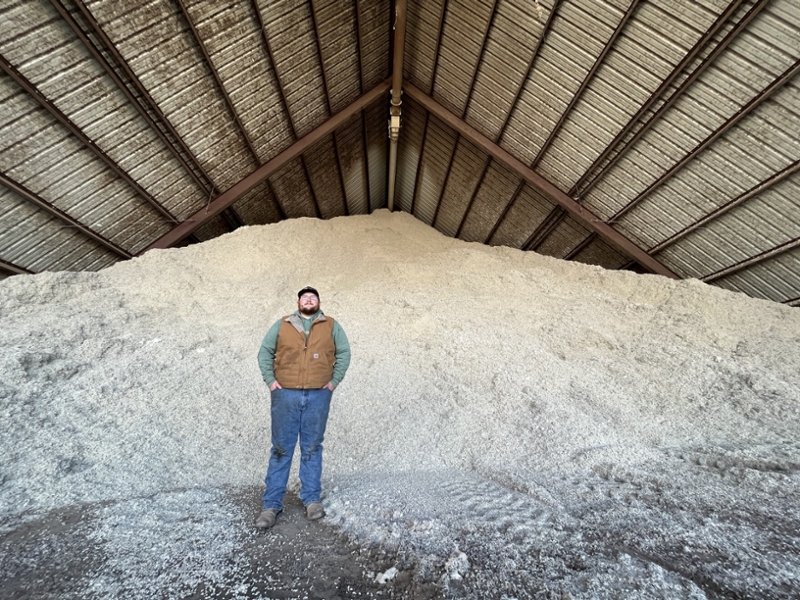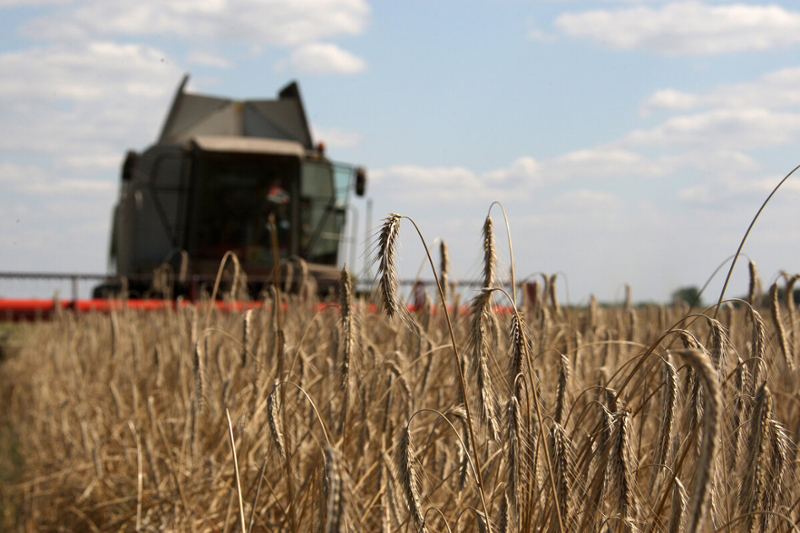
(Jessica Scranton)
“But you could look at food safety as being more about long term health impacts--so, diet-related disease or the cumulative impacts over a period of years, or a lifetime, of eating certain things.”
This week on our show, a conversation with Emily Broad Leib of the Harvard Food Law and Policy Clinic. She argues that our narrowly focused food safety regulations are failing to address the most important factors in our food system. We talk about what it might look like to include worker safety, environmental impacts and long term health and nutrition when we look at the safety of our food system.
Plus, food and farming updates from Harvest Public Media.
Further Reading/Listening
The Care and Feeding of a Nation -Harvard Magazine
The New Food Safety -SSRN
Eliminate Laws That Cause Healthy Food to Go to Waste -New York Times, Opinion
Emily Broad Leib talks Food Law and COVID-19 -Food Talk with Dani Nierenberg
Music On this Episode
The Earth Eats theme music is composed by Erin Tobey and performed by Erin and Matt Tobey.
Additional music comes to us from the artists at Unversal Productions Music.
Stories On This Episode
A hotter, drier climate and dwindling water has more Kansas farmers taking a chance on cotton

Cotton growing is on the rise in Kansas, but it still only accounts for a small fraction of the state’s farm production. Now, a combination of global warming, dwindling water and new infrastructure might set the stage for southwest Kansas to become cotton country.
Meat alternative sales are up, but not enough to bite into meat sales

Consumers around the world bought more than double the amount of plant-based meat alternatives during the pandemic. That didn’t curb their appetite for the real thing.
Russia's invasion of Ukraine may cause havoc for wheat-importing Mideast nations

Last year, the region imported more than 36 million metric tons of wheat, mostly from Russia and Ukraine. The concern is that Russia's war in Ukraine could disrupt supplies and drive up prices.













